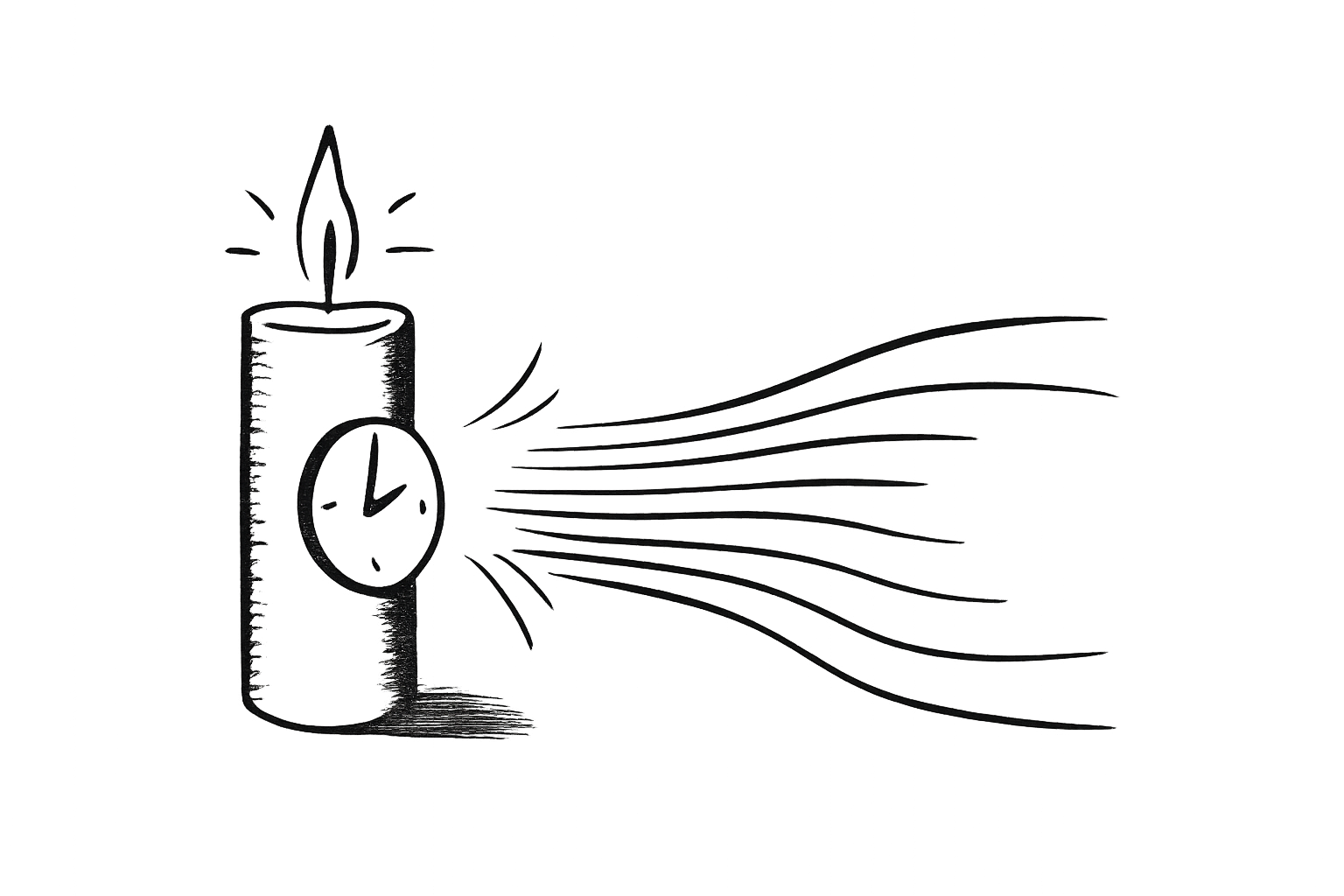Presence, in the context of coaching or therapy, is not simply being physically together. It’s the subtle attunement to another’s emotional field — a kind of shared space in which words matter less than how they are received. Real presence allows what’s fragile to be spoken. It welcomes the unfinished, the unresolved, the half-formed metaphors through which people begin to know themselves. And yet, presence is limited by time.

A coach or therapist may hold space beautifully during a session, but once the hour ends, the container dissolves. What was surfaced might be forgotten. The resonance fades. And the client, often, is left to navigate the in-between alone.
FountainAI was built not to replace presence, but to extend it. It doesn’t simulate empathy, and it isn’t a synthetic therapist. Rather, it serves as a bridge between moments — a way to preserve the continuity of meaning over time.
When someone speaks a metaphor in session that quietly reappears days later in their private journaling, FountainAI notices. When a coachee struggles to articulate a pattern that’s been emerging across months, FountainAI gently recalls the thread — not as diagnosis, but as memory. It enables what was felt — but not yet understood — to re-enter awareness.

Most digital tools fragment this process. Notes are scattered. Session logs are buried in folders. Journal entries drift into the archive. Even the most diligent practitioner struggles to maintain a coherent thread of the client’s evolving self-narrative. And from the client’s side, insights often vanish after the conversation, or get reduced to slogans that feel empty on re-reading.
What’s missing isn’t information, but presence — the quality of continuity that allows deeper transformation to occur.
FountainAI offers this continuity by listening differently. It listens structurally and semantically, across time. It does not reduce language to labels or diagnoses. It attends to the recurrence of metaphors, the tension of contradictions, the slow movement of self-description. When a person writes “I’m like glass” one night and weeks later says “I feel translucent,” FountainAI doesn’t rush to interpret. It holds the resemblance quietly.
When a coach re-enters the next session, they’re not starting over. They’re stepping back into a field of meanings that has been silently tended.

This is especially valuable in therapeutic work with existential themes. When someone begins to question their foundations — their sense of purpose, grief, identity, or mortality — the process is rarely linear. It unfolds in echoes and hesitations. A journal entry at 2am may hold more significance than a full session. An offhand phrase may turn out to be the keystone. FountainAI ensures that these signals aren’t lost.
It allows the unsaid to remain in the room, not by making it louder, but by keeping it alive.
To be clear, FountainAI is not an agent. It doesn’t give advice. It doesn’t impersonate understanding. It doesn’t intervene. Its role is infrastructural — it creates a space in which presence can stretch across time.
For the coach, this means a deeper capacity to reflect with the client rather than scramble to remember. For the client, it offers a sense that the conversation hasn’t ended, that someone — or something — is still with them in the process. This can be profoundly stabilizing in moments of disorientation.
The value of FountainAI, then, is not in automating coaching or accelerating therapy. It is in enabling a form of remembering that is structurally faithful to the person’s process. Not remembering as recollection of facts, but as holding open the frame in which meanings can resurface.
This is what makes it different from traditional language models. FountainAI is not a clever responder. It is a partner in reflective continuity.
And in a time when presence is increasingly scarce — fractured by screens, schedules, and attention economies — the possibility of extending it matters. It’s not a technical achievement. It’s an ethical one.
Because transformation doesn’t happen when someone is told what to do. It happens when they feel accompanied in their becoming.
FountainAI was built for that.
